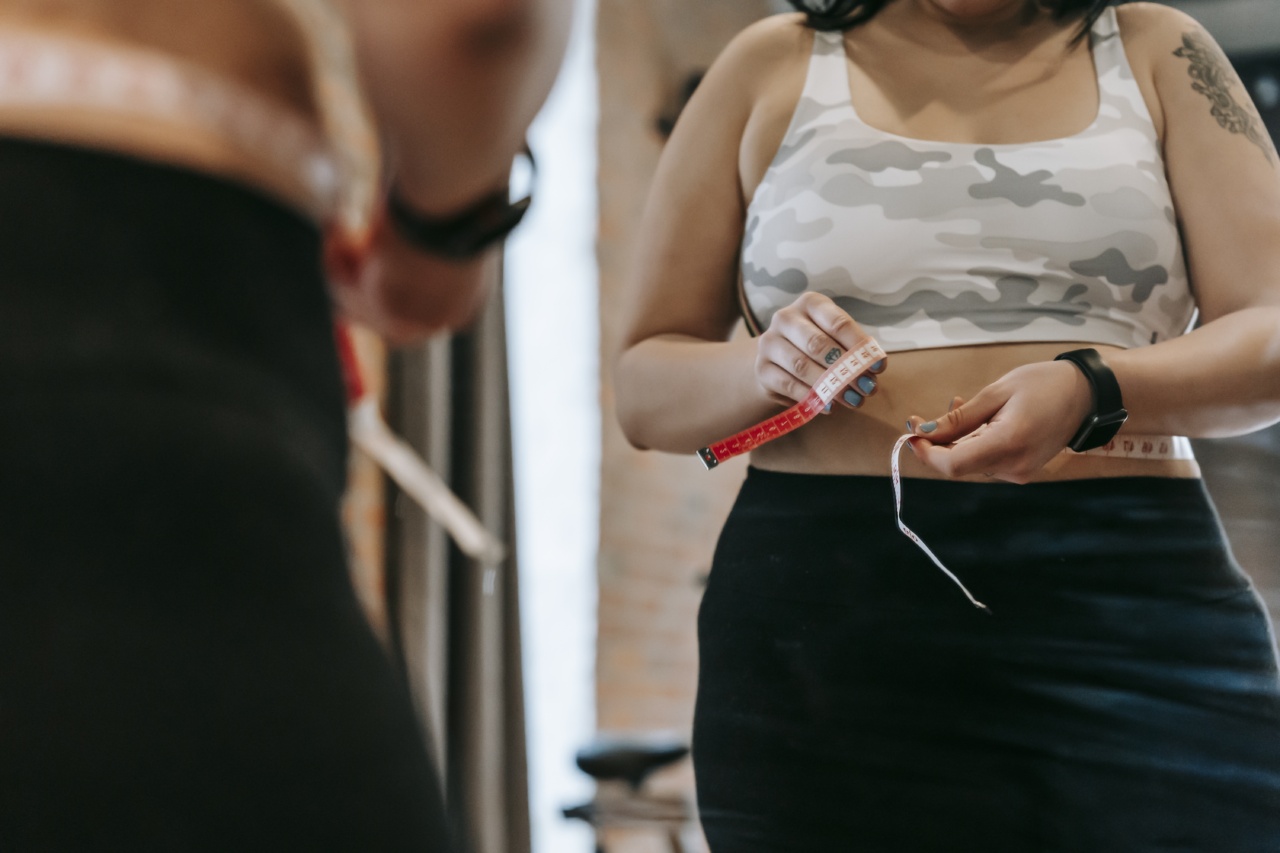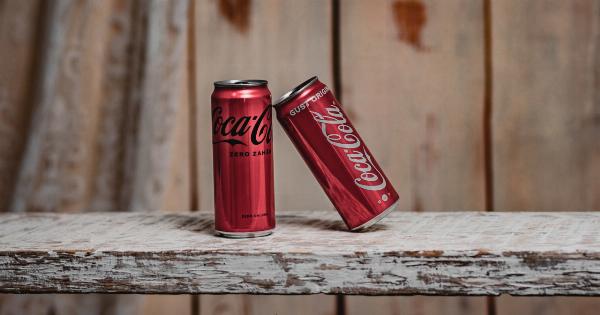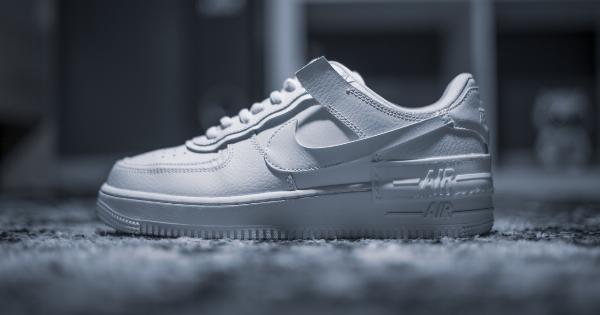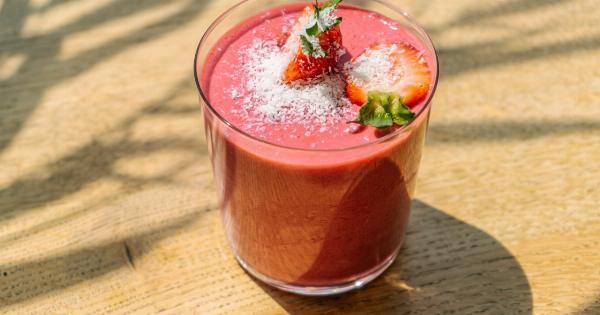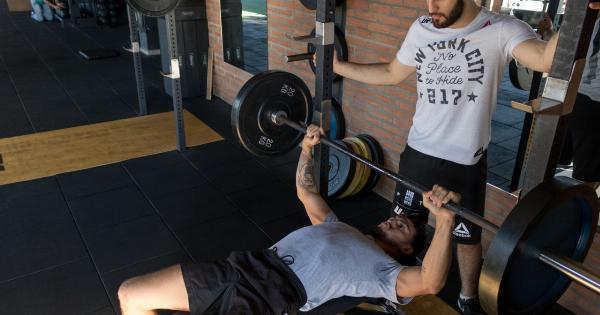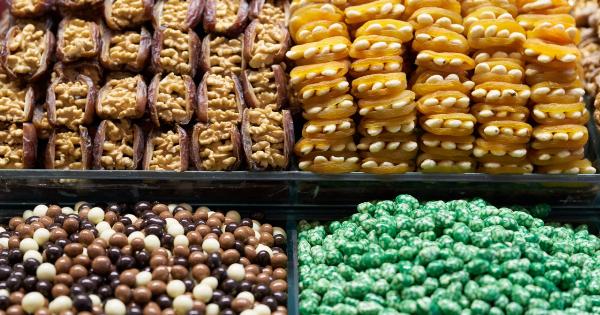As an athlete or fitness enthusiast, you know that proper nutrition is key to achieving peak performance. But with so many diets and fads out there, it can be difficult to know what to eat to fuel your body effectively for your chosen sport or activity.
In this guide, we’ll break down the essential components of the ultimate sports diet, including key macronutrients, meal timing, and hydration strategies to help take your athletic performance to the next level.
Carbohydrates: The Foundation of Your Sports Diet
Carbohydrates are the main source of fuel for your body during exercise, making them a crucial component of any sports diet. When you consume carbohydrates, your body converts them into glycogen, which is stored in your muscles and liver.
During exercise, your body breaks down glycogen to fuel your workouts.
To ensure that your body has enough glycogen to sustain your workouts, it’s important to consume adequate carbohydrates throughout the day.
The amount you need will depend on the intensity and duration of your workouts, as well as your body weight and composition. As a general rule, aim for 6-10 grams of carbohydrates per kilogram of body weight per day.
Choose whole, unprocessed carbohydrates such as fruits, vegetables, whole grains, and legumes. These foods provide not only carbohydrates, but also important vitamins, minerals, and fiber to support overall health and athletic performance.
Protein: Essential for Muscle Repair and Recovery
While carbohydrates are the primary fuel source for exercise, protein is essential for muscle repair and recovery. During exercise, your muscles experience damage and breakdown, and protein is needed to repair and rebuild them.
Aim for 1.2-1.7 grams of protein per kilogram of body weight per day to support muscle repair and growth. Good sources of protein include lean meats, poultry, fish, eggs, dairy products, and plant-based sources such as tofu, nuts, and beans.
Fat: Important for Sustained Energy and Health
Fat is often demonized in popular culture, but it’s an important component of a healthy sports diet. Fat provides sustained energy and helps your body absorb essential vitamins and minerals.
Aim to get 20-35% of your daily calories from healthy fats in foods such as avocados, nuts, seeds, olive oil, and fatty fish.
The Role of Timing in Sports Nutrition
When you eat can be just as important as what you eat when it comes to optimizing athletic performance. Proper meal timing can help ensure that your body has the fuel it needs to power you through your workouts.
Eat a high-carbohydrate meal or snack 2-3 hours before a workout to ensure that your glycogen stores are topped off.
This might include a bowl of oatmeal with fruit, a turkey and cheese sandwich on whole grain bread, or a smoothie made with fruit, yogurt, and coconut water.
During longer workouts, especially those lasting more than 60-90 minutes, it’s important to fuel your body with carbohydrates to avoid “hitting the wall.” Aim to consume 30-60 grams of carbohydrates per hour of exercise to keep your energy levels up.
After a workout, eat a combination of carbohydrates and protein within 30 minutes to help your muscles recover and rebuild.
This might include a protein shake made with fruit and whey protein powder, a hard-boiled egg and a slice of whole grain toast, or a turkey and hummus wrap with veggies.
Hydration: Crucial for Athletic Performance
Hydration is absolutely essential for athletic performance. Even mild dehydration can impair your performance and increase the risk of injury.
Aim to drink 17-20 ounces of fluid 2-3 hours before exercise and 7-10 ounces of fluid every 10-20 minutes during exercise.
Water is usually sufficient for workouts lasting less than an hour, but for longer workouts or intense activity, an electrolyte sports drink can be beneficial to replace lost fluids and electrolytes.
Avoid sugary drinks or energy drinks, which can cause a crash after a brief energy surge.
The Bottom Line
The ultimate sports diet is all about fueling your body with the right macronutrients at the right time. Choose whole, unprocessed carbohydrates, lean protein, and healthy fats to support your athletic performance.
Time your meals and snacks strategically to ensure that you have the fuel you need when you need it. And don’t forget to stay hydrated before, during, and after exercise to optimize your performance and protect your health.
